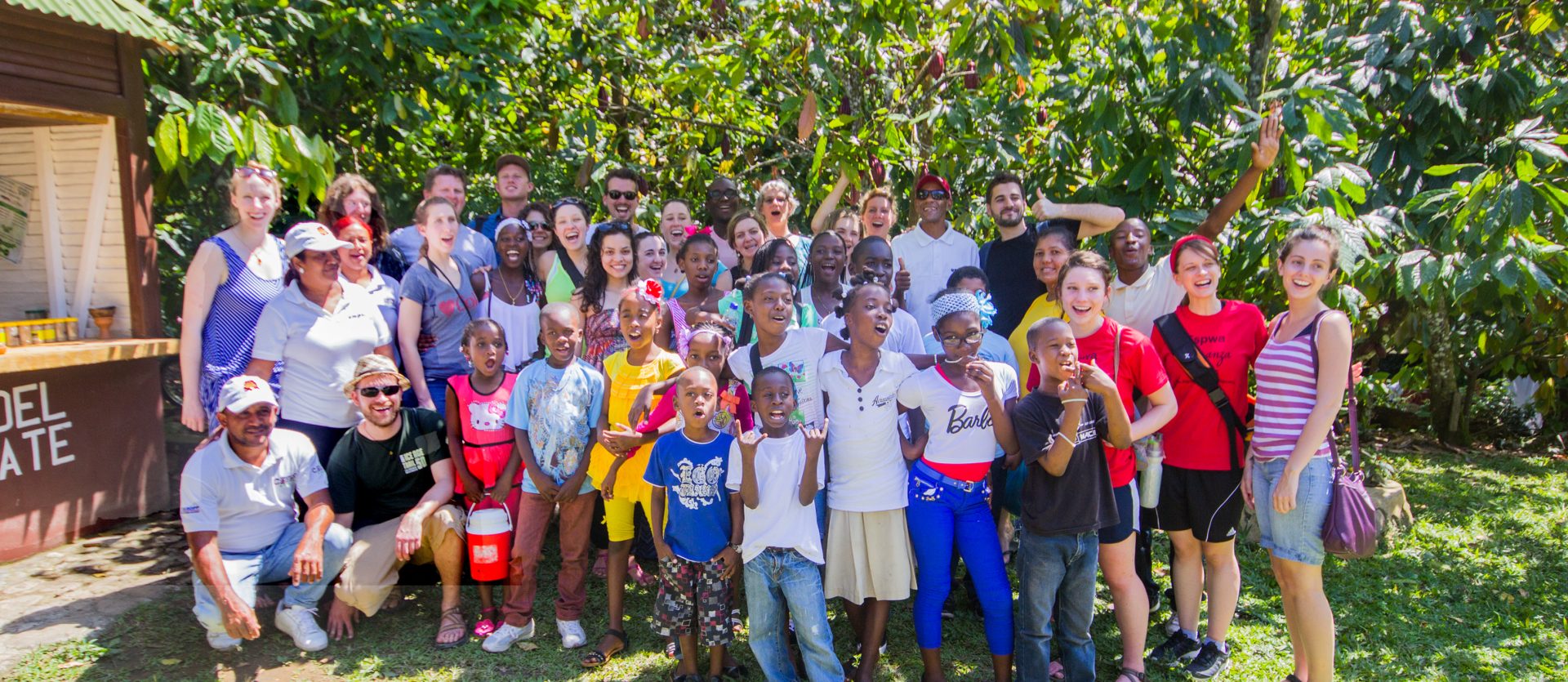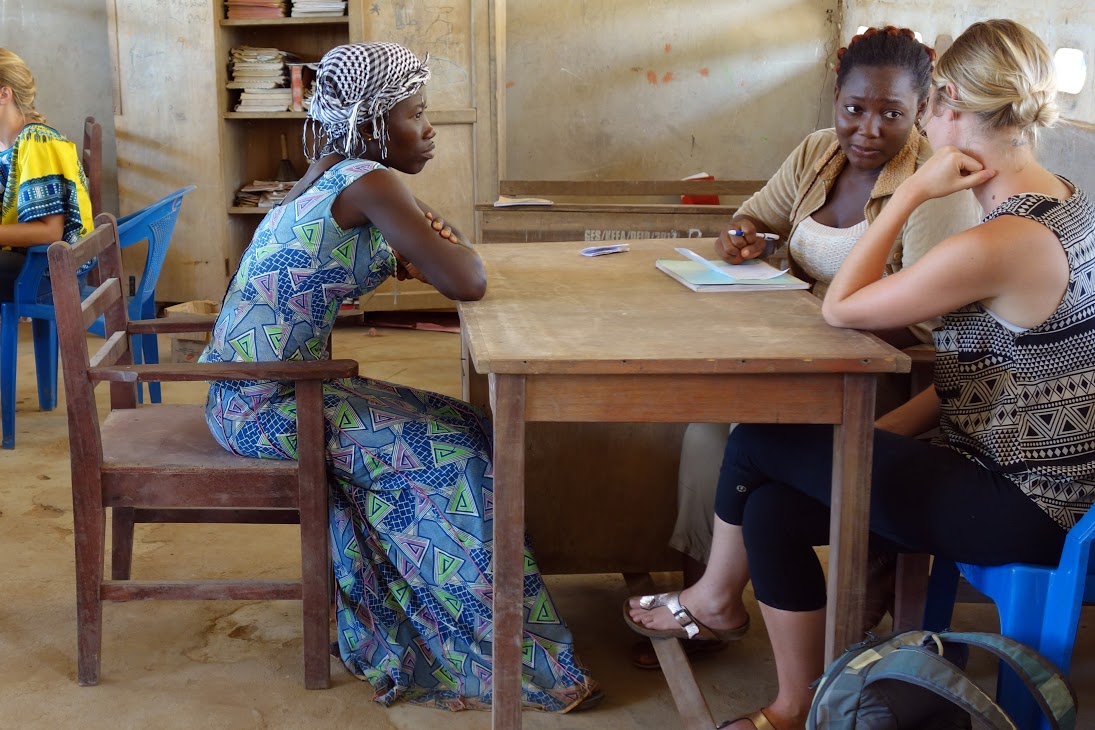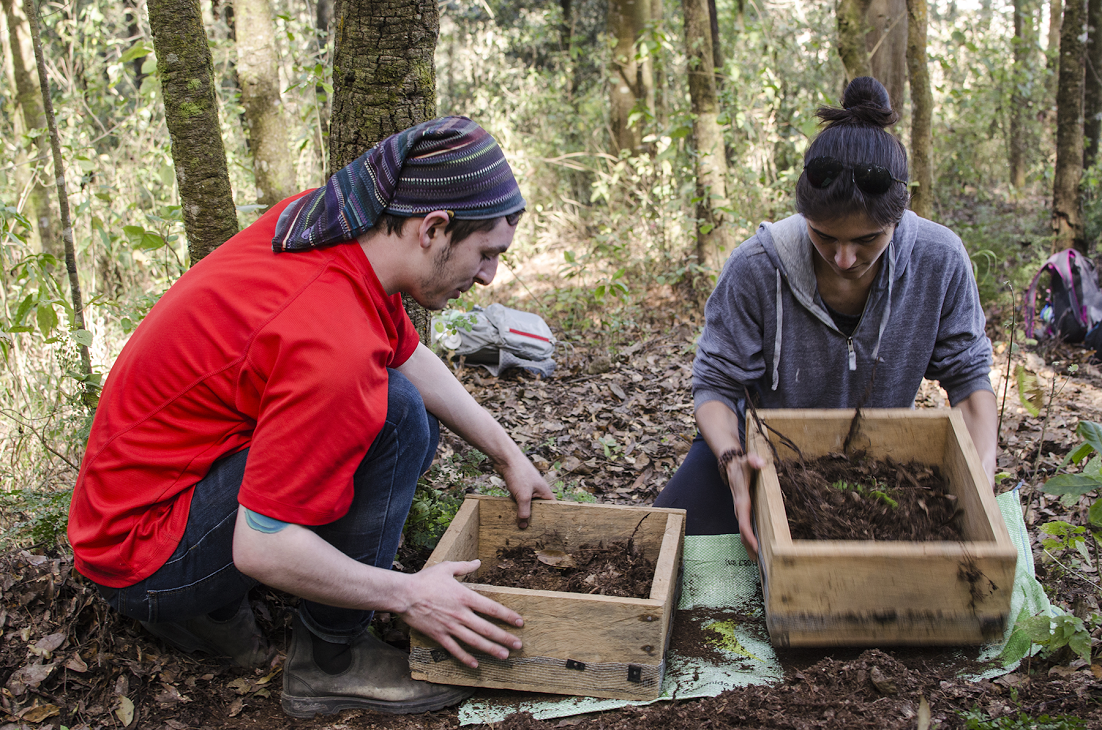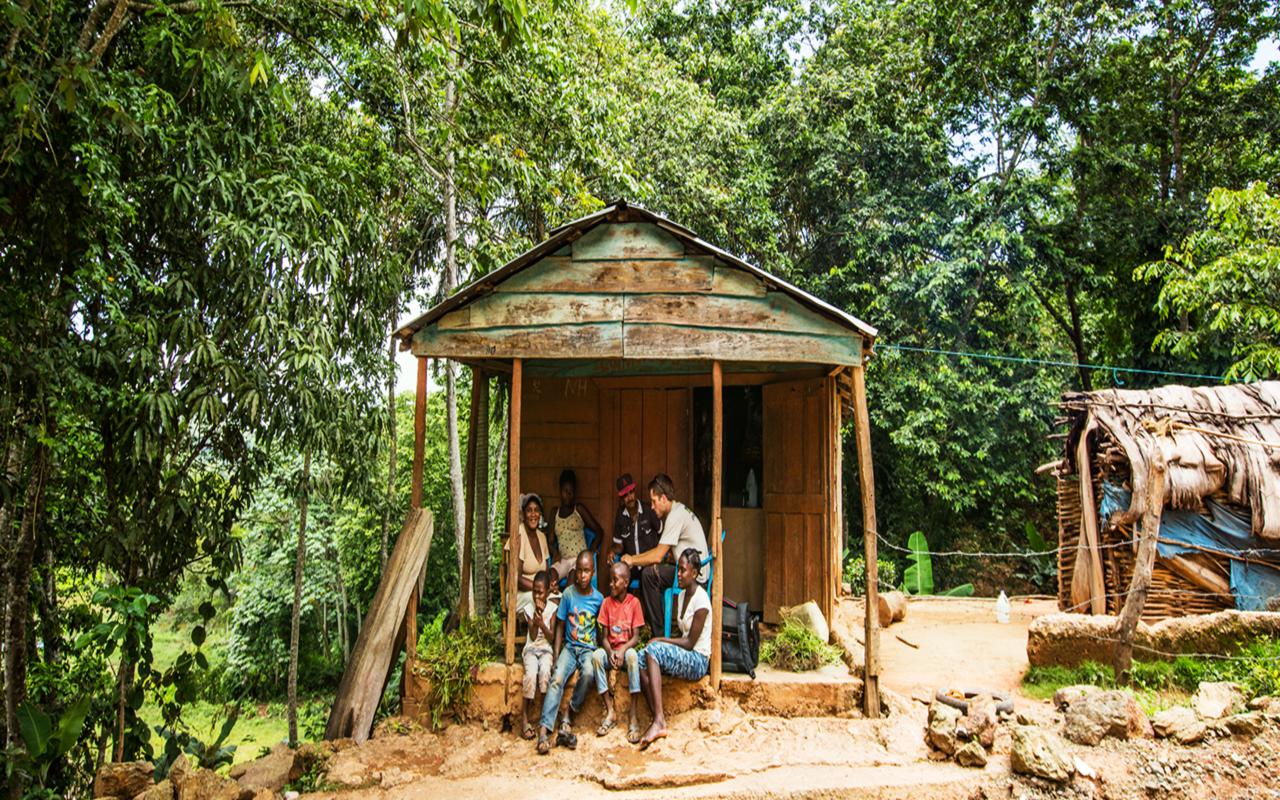When it comes to responsible travel, not all tour companies are created equal. Here are a few helpful tips to keep in mind before booking a trip.
We’ve all seen them. The images of orphans living in extreme poverty in developing countries. The desire to help, in any capacity, has likely crossed our minds. And the good news is, you can. Some tour companies offer travelers the opportunity to journey to these orphanages in far-off countries to lend a hand. The concept sounds wonderful, in theory. But is helping out at the orphanages really the best solution? Will it actually help? Or does it do more harm than good?

These are just a few of the questions people should be asking when considering taking a voluntourism trip. Even if someone isn’t looking to volunteer, but is simply interested in traveling in a responsible way or with a company that gives back to the communities it visits, there are some crucial factors to consider.
The responsible tourism movement has gained momentum over the last few years. As more people seek to do good while traveling the world, throngs of companies are hopping on the voluntourism train. However, not every organization lives up to the stellar image it portrays.
Some Background on Responsible Travel and Voluntourism
Before we dive into the nitty-gritty of the industry, let’s get some perspective on what these trends are and how they have grown.
First, a lesson on terms. The term responsible travel was defined at the World Summit on Sustainable Development back in 2002 and is said to be about “making better places for people to live in and better places for people to visit.” Sustainable travel is defined by the United Nations World Tourism Organi-zation as “tourism that takes full account of its current and future economic, social and environmental impacts, addressing the needs of visitors, the industry, the environment and host communities.”
Volunteer tourism, or voluntourism, takes responsible travel to the next level, with people conducting acts of service in destinations in the hopes of bettering places in need.
The voluntourism market has grown significantly, and demand continues to rise. The increase can be attributed to a few factors, according to Pippa Biddle, a writer who is currently working on a book about the past, present and future of voluntourism.

Photo credit: Operation Groundswell
“One is economic. When the economy is (relatively) good, more people have the opportunity to travel,” says Biddle, who serves on the board of Onwards, a nonprofit that invests in communities to develop locally owned, sustainable, tourism-based businesses. Another factor, Biddle notes, is the increased global visibility of poverty, due to the immense power of social media.
The awareness of global issues and the effects travelers can have on communities is becoming more widespread. “People have a growing desire to connect and understand the world around them in unique, hands-on ways,” says Tracy Stayton, founder of 4tunate Adventures, a travel organization emerging from 4tunate.org, which encourages people to perform at least four acts of service per year.
This kind of mentality is important, especially as people continue to travel, and in higher numbers. According to the United Nations, there were close to 1.2 billion international travelers in 2015, and that is expected to grow to 1.8 billion people by 2030. This increase is part of the reason the U.N. designated 2017 as the International Year of Sustainable Tourism for Development. If we want to travel, we need to make sure the impact we make is a positive one.
Ask Yourself Some Questions
If you’ve been thinking about volunteering abroad, make sure it’s really what you
want out of your travel experience. Biddle says that if people want to volunteer, they should consider the following questions:
“Why do you want to go? What skills can you offer that are not already present in the community you want to visit? And how much time are you willing to commit to the project?”
It may sound pessimistic to question your good intentions, but the fact is that many communities have experienced negative effects from unqualified or short-term volunteers.
Do Your Research
Many organizations tout their ability to provide influential volunteering opportunities and support for local communities, but don’t just take them at their word.
Be sure to ask penetrating questions. Stayton encourages people to investigate the history of the organization: Have they been in the community long? What work have they accomplished so far? Do they have a plan for the future of their project or program? Are they timely and transparent in their responses and ability to explain the work you’ll be doing?

Photo credit: Operation Groundswell
As you research travel companies, be aware of some discernible factors. “If you are traveling with a tour operator, confirm that they prioritize staying at locally owned hotels/guest houses, eating at local restaurants and hiring local guides,” says Biddle. “If there is no one from the country on their team, that’s a red flag.”
Other warning signs are if they can’t tell you what portion of the trip cost is being spent locally, or if you will be spending most your time behind hotel walls or in an air-conditioned bus.
Good for Community and Participant
These experiences should be about continued engagement with a community that promotes sustainable development rather than just a quick fix. This creates a more fulfilling encounter for everyone involved. Seek out the organizations that give a hand-up to a community, rather than a hand out, says Stayton. At 4tunate Adventures, the main goal is to create a positive impact on the community and the individual. “We look to foster an environment of mutual respect and understanding,” Stayton says.

It’s important to look for companies that aim to educate and immerse travelers in local culture, as opposed to shouting a message of “delivering change” or “saving the world.” Operation Groundswell, which offers volun-teer backpacking tours, has forged deep relationships with local NGOs, while keeping education and cultural immersion at its core. They don’t claim to be able to fix the world’s problems, but it’s a step in the right direction. Operation Groundswell and other select companies are moving “toward a more nuanced understanding of what it means to help,” says Biddle. “How help can be given, and what the true purpose of travel is: connection.”
The responsible travel trend has caused a shift in the way we travel. The traditional tours of old have given way to more immer-sive experiences. The industry has its flaws, but at the heart of most travelers is a desire to help. With the right intentions and thorough research, travelers can find a tour with educational elements and an ethical purpose.





